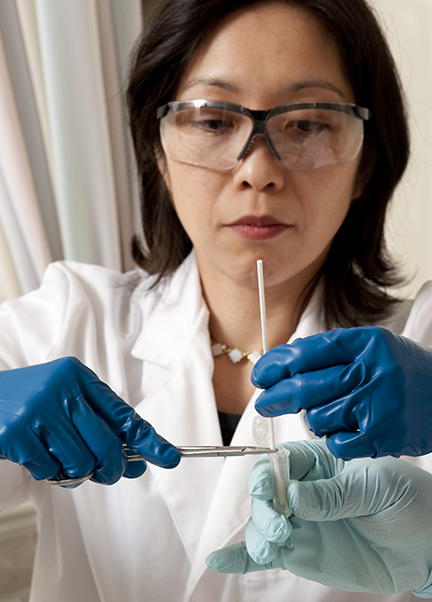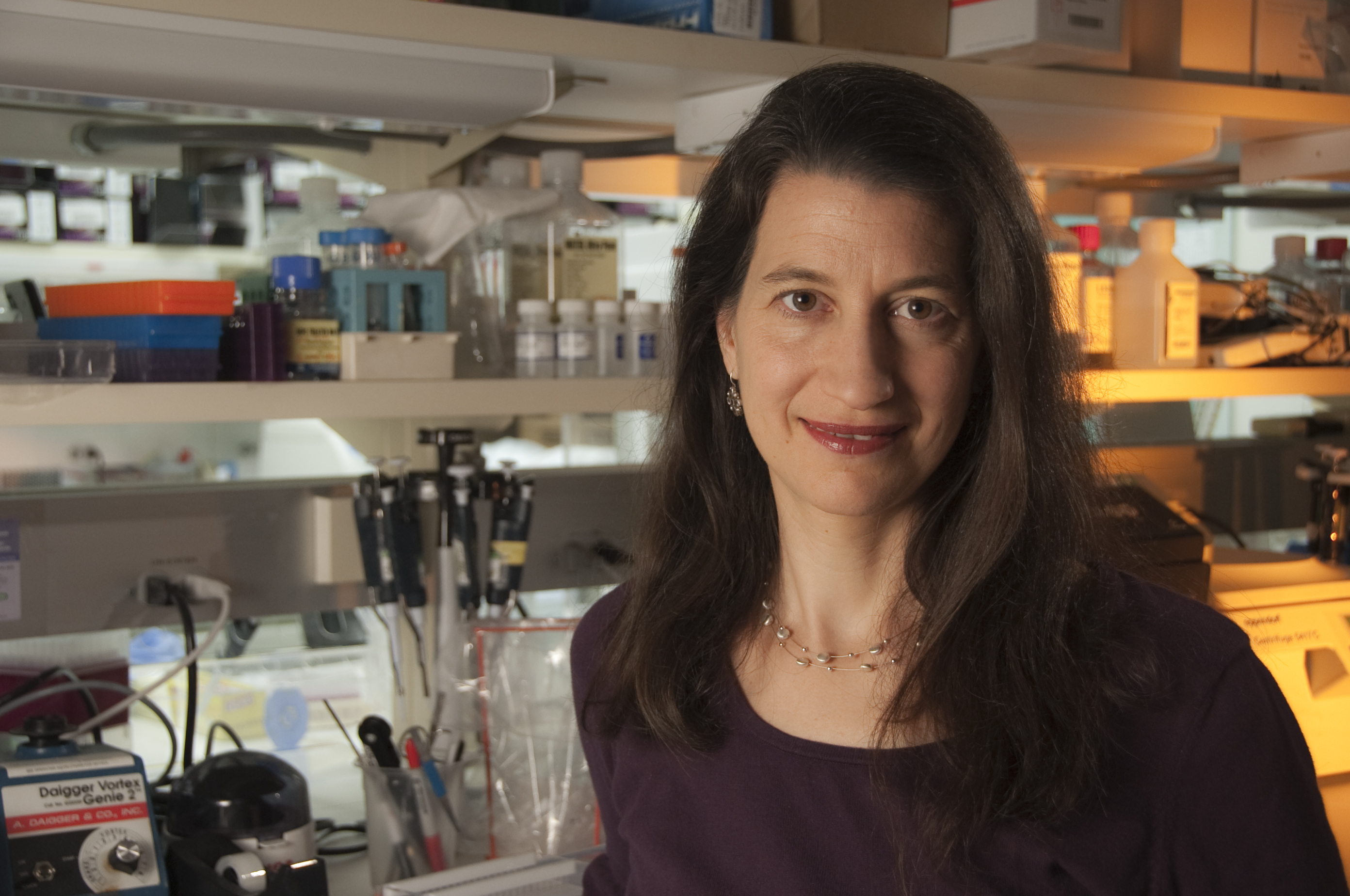

Overview: NIH researchers studied microbial populations in skin samples from 27 adults and children with a rare immune disorder, DOCK8 deficiency. People with this primary immunodeficiency disease often have severe infections, are susceptible to cancer and have skin problems that can include difficult-to-treat warts, molluscum and eczema. The findings appear in Nature Medicine.
While most healthy people have skin microbial communities composed mainly of bacteria, the scientists found that these patients had microbial populations rich in viruses. Using sophisticated sequencing tools, the researchers uncovered and catalogued hundreds of novel viral genomes.
Select Highlights:
- The most common viruses detected in participants’ skin samples were human papillomaviruses (HPVs), even when there were no clinically apparent skin lesions, such as warts. The team identified many novel HPVs.
- Despite finding many viruses on the skin, they weren’t abundant in microbial communities in other parts of the body, such as the mouth and gut. This highlights the importance of studying different parts of the body because not all areas show the same type of host-microbial differences.
- The findings raise questions about whether viruses may or may not contribute to some of the cancers that these patients develop.
- The study provides a unique perspective on the degree to which a person’s altered immunity may shape their microbiome, and how, in return, their microbial community may interact to drive disease.
Perspectives:
“The contribution of viruses to the human microbiome has been underappreciated. This study adds important evidence for the need to better understand these relationships.”
Heidi Kong, M.D., M.H.Sc., study author, Head and Investigator, Cutaneous Microbiome and Inflammation Section, National Institute of Arthritis and Musculoskeletal and Skin Diseases (NIAMS)

“Studying people with this rare primary immune deficiency opens the door to study the larger group of patients who are undergoing transplant and are immunosuppressed, some of whom develop squamous cell carcinoma.”
Julie Segre, Ph.D., study author, Chief and Senior Investigator, Translational and Functional Genomics Branch, National Human Genome Research Institute (NHGRI)
NIH researchers from NIAMS, NHGRI, the National Institute of Allergy and Infectious Diseases (NIAID) and the National Cancer Institute (NCI) contributed to this study.
Learn more about the skin microbiome and related research
#
Expanded skin virome in DOCK8-deficient patients. Tirosh O, Conlan S, Deming C, Lee-Lin S, Huang X, NISC Comparative Sequencing Program, Su HC, Freeman AF, Segre JA & Kong HH. Nature Medicine, 2018 Nov 05. DOI 10.1038/s41591-018-0211-7.
